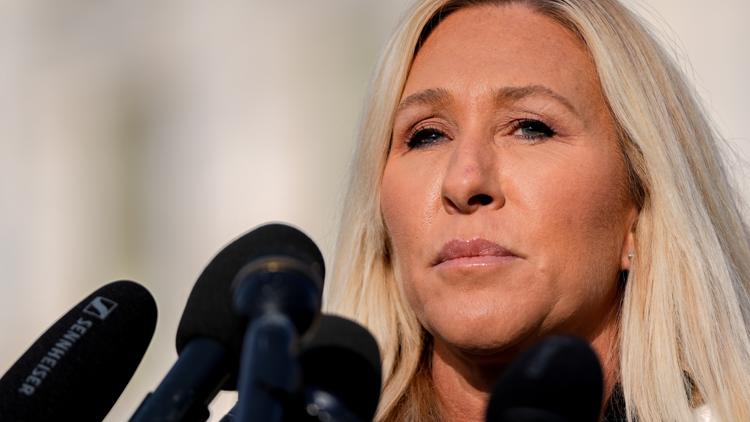The ongoing division within the Republican Party regarding the release of Jeffrey Epstein’s case files was evident during Sunday talk shows on November 16, 2025. Prominent figures from the GOP expressed conflicting views, with some dismissing the issue as a political ploy and others advocating for transparency regarding the Epstein case.
Senator John Barrasso of Wyoming appeared on NBC’s “Meet the Press,” where he suggested that the controversy surrounding Epstein was a strategy by Democrats to undermine former President Donald Trump. Barrasso characterized the focus on the Epstein files as an attempt to depict Trump as a “lame duck president,” claiming that had the Biden administration possessed substantial evidence against Trump, they would have acted on it during his presidency.
On the other hand, Representative Thomas Massie of Kentucky took a more aggressive stance. He co-sponsored a bill aimed at compelling the release of the Epstein files and warned his fellow Republicans that a vote against the legislation would equate to protecting pedophiles. Massie emphasized, “The record of this vote will last longer than Donald Trump’s presidency,” urging his colleagues to consider the long-term implications of their decision.
The discussion on CNN featured Representative Marjorie Taylor Greene, who expressed her support for the MAGA movement while also addressing her disagreements with Trump regarding the Epstein files. Greene highlighted her commitment to standing with victims of sexual abuse and called for accountability for powerful individuals accused of wrongdoing. “I do not believe that rich, powerful people should be protected if they have done anything wrong,” she stated, reinforcing her call for transparency.
The varying perspectives within the GOP underscore a significant rift, with some members prioritizing political loyalty to Trump while others advocate for a principled approach to the Epstein case. This debate reflects broader tensions within the party as it navigates its identity and response to pressing social issues.
As the discussions continue, the implications of the Epstein files and the Republican Party’s stance on them remain critical. The outcome could shape not only the party’s future but also its relationship with key voter demographics, particularly those concerned with issues of justice and accountability.







